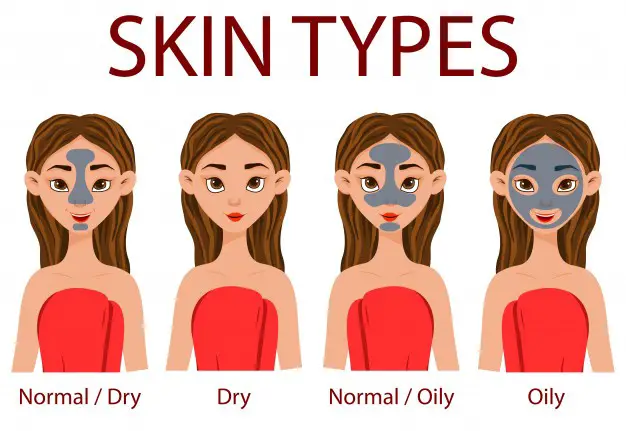The skin is the largest organ in the human body and serves as a protective barrier against the external environment.
READ ALSO: How 5 Incredible Astaxanthin Benefits for Skin Can Improve Hydration, Firmness, and More
However, it is also the most exposed organ and requires care and attention to maintain its health and radiance. The best skin-care is essential for keeping your skin healthy, nourished, and glowing.
In this post, I will discuss the best skin-care practices that you can incorporate into your daily routine to achieve beautiful and healthy skin.
READ ALSO: 4 Useful Tips for Achieving Glass Skins
Table of Contents
READ ALSO: Light Skin Face Skin Care Tips 2023
Best Skin-Care Tip #1: Know Your Skin Type
Before starting any skincare routine, it’s important to know your skin type. Different skin types require different products and treatments, so it’s essential to determine whether you have dry, oily, combination, or sensitive skin.
If you’re unsure, you can consult a dermatologist or a skincare professional who can help you identify your skin type and recommend products that are suitable for your skin.
READ ALSO: 4 Important Side Effects of Hydroquinone & What You Can Do to Mitigate Them
Best Skin-Care Tip #2: Cleanse Your Skin
The first step in any skincare routine is to cleanse your skin. Cleansing helps to remove dirt, oil, and impurities that accumulate on the skin’s surface throughout the day.
If not removed, these impurities can clog pores, leading to breakouts and other skin issues.
When choosing a cleanser, opt for a gentle, non-irritating product that suits your skin type. Foaming cleansers are great for oily skin, while creamy cleansers are better for dry skin.
Sensitive skin types may benefit from fragrance-free and hypoallergenic products.
READ ALSO: Unlock the Secret to Perfectly Balanced Skin: The Best Moisturizer for Combination Skin
3. Exfoliate Regularly
Exfoliating is the process of removing dead skin cells from the surface of the skin, which can lead to clogged pores and dull, uneven skin.
Regular exfoliation can help to reveal fresh, smooth, and radiant skin.
However, it’s important to be gentle when exfoliating, especially if you have sensitive skin. Over-exfoliation can damage the skin’s natural barrier and lead to irritation and inflammation.
Chemical exfoliants like alpha-hydroxy acids (AHAs) and beta-hydroxy acids (BHAs) are gentler on the skin and can be used weekly to remove dead skin cells and unclog pores.
READ ALSO: The Ultimate Guide to the Best Moisturizer with SPF 2023
4. Moisturize Daily
Moisturizing is essential for maintaining healthy skin. It helps to keep the skin hydrated, soft, and supple.
Moisturizers work by trapping water in the skin, preventing it from drying out. When choosing a moisturizer, look for one that suits your skin type and is formulated with ingredients that nourish and hydrate the skin.
Dry skin types may benefit from richer, more emollient creams, while oily skin types may prefer lightweight, oil-free lotions.
READ ALSO: Quenching Your Skin’s Thirst: Dive into the 4 Best Moisturizers for Dry Skin Body
5. Protect Your Skin From the Sun
Sun damage is one of the leading causes of premature aging and skin cancer.
To protect your skin from the harmful effects of the sun, it’s important to wear sunscreen with an SPF of at least 30 every day, even on cloudy days.
Sunscreen should be applied 15-20 minutes before sun exposure and reapplied every two hours, or more frequently if you’re sweating or swimming.
In addition to sunscreen, you can also wear protective clothing like hats, sunglasses, and long-sleeved shirts to shield your skin from the sun’s harmful rays.
READ ALSO: 4 Best Sunblock for Face Oily Skin
6. Use Eye Cream
The skin around the eyes is thinner and more delicate than the rest of the face, making it more prone to fine lines, wrinkles, and puffiness.
Using an eye cream can help to hydrate and nourish this area, reducing the appearance of wrinkles and fine lines. Look for eye creams that contain ingredients like vitamin C, hyaluronic acid, and antioxidants, which can help to brighten and firm the skin around the eyes.
READ ALSO: Uncovering the Benefits of Good Genes Lactic Acid Treatment for Smooth, Radiant Skin in 2024
Photo Credits: NaturallyCOS.com.au
READ ALSO: Nourishing Solutions: Finding the 4 Best Oil for Skin Dryness
